Climate protesters in Australia face a higher risk of arrest than those in any other country, and direct action is becoming harder
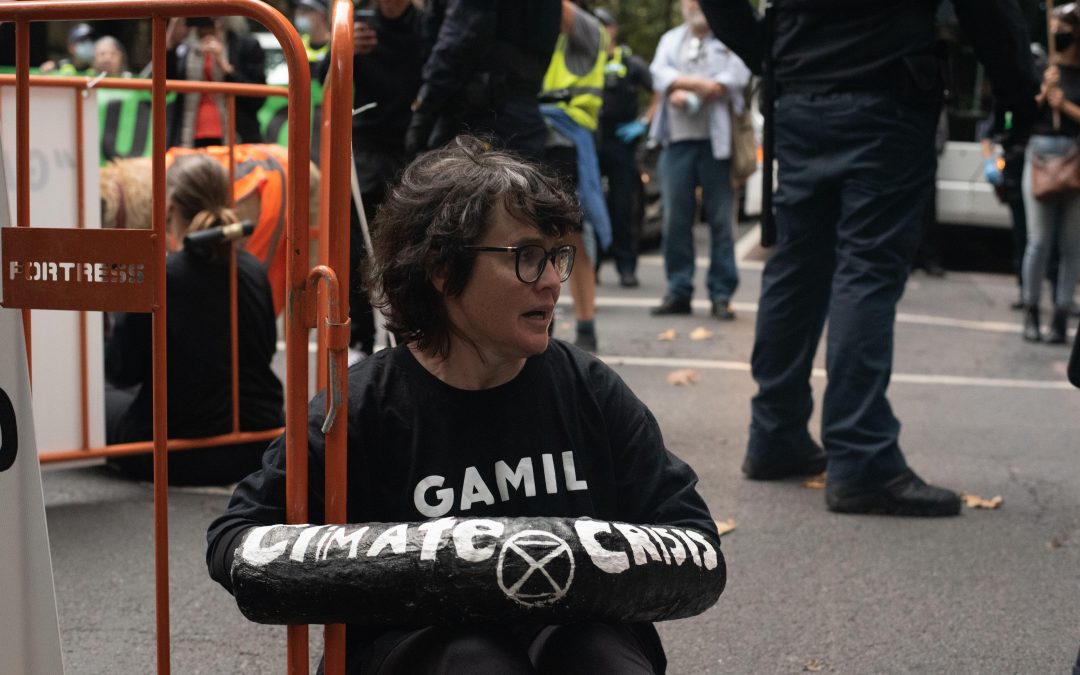

Climate protesters in Australia face a higher risk of arrest than those in any other country, and direct action is becoming harder

The role of traditional media as a trusted source of news is under threat from artificial intelligence as this story from Australia shows
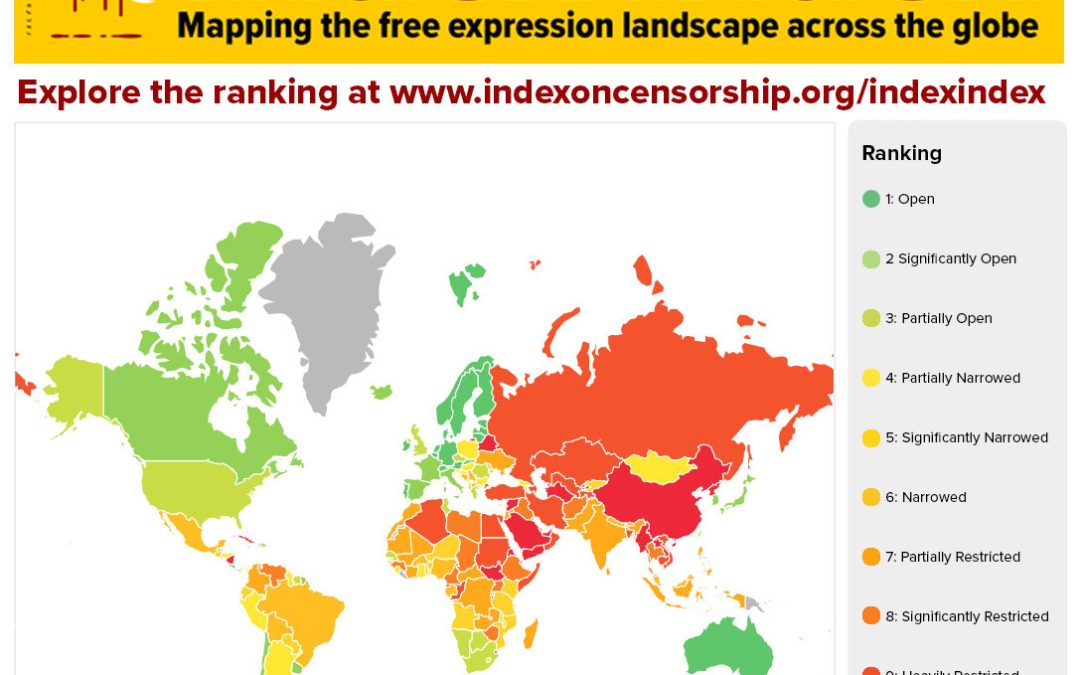
A major new global ranking index tracking the state of free expression is published today
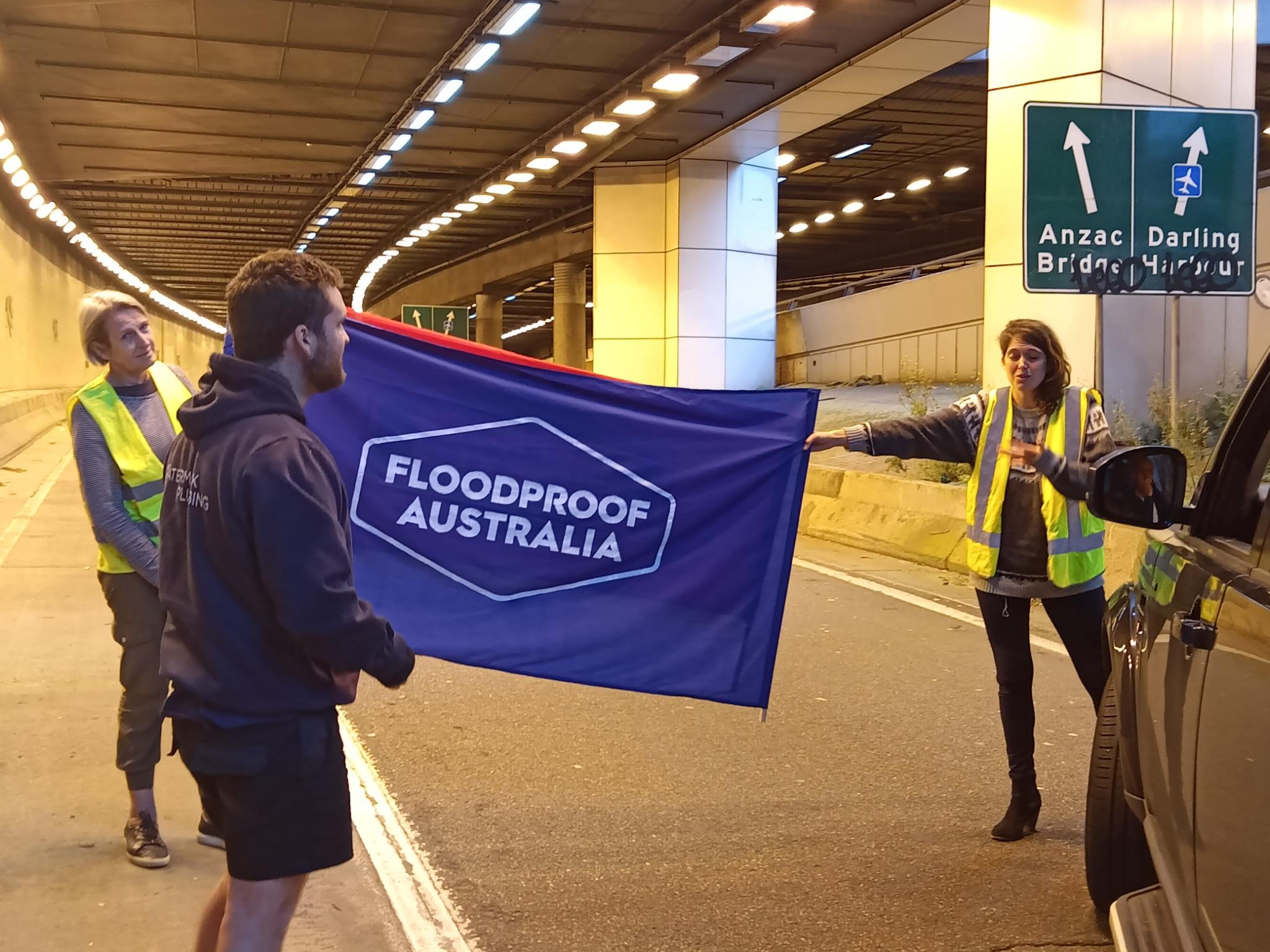
Australian authorities are dramatically ramping up the sentences faced by peaceful climate crisis protesters
The Winter issue of Index magazine highlights the battles fought by theatre of resistance across the world and how they've been enduring different forms of censorship. Writer Jonathan Maitland dives deeply into the history of theatre censorship in...
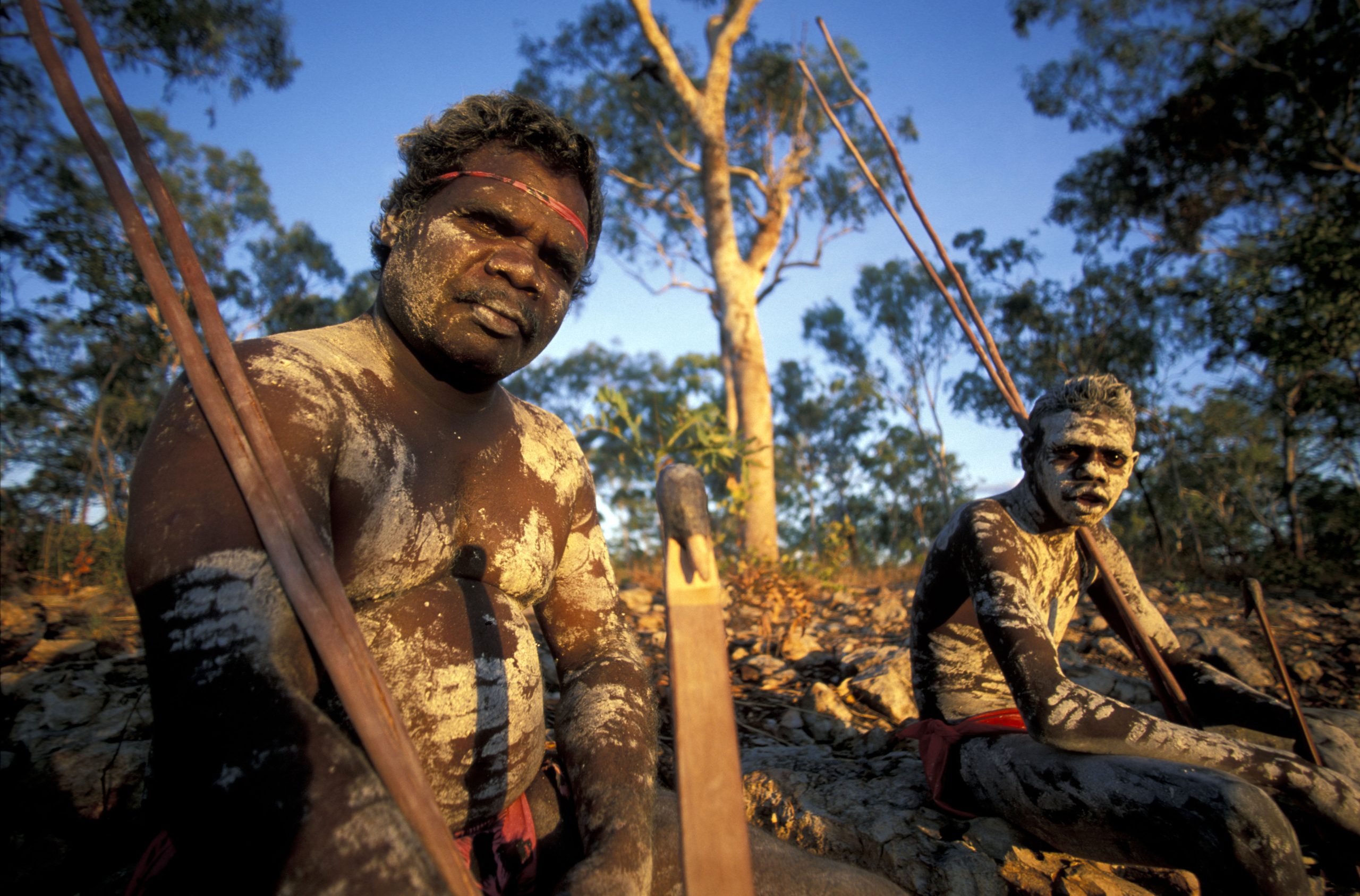
First Nations voices are often ignored. Now Yvonne Weldon is hoping to change that as she bids to become the first Aboriginal Lord Mayor of Sydney
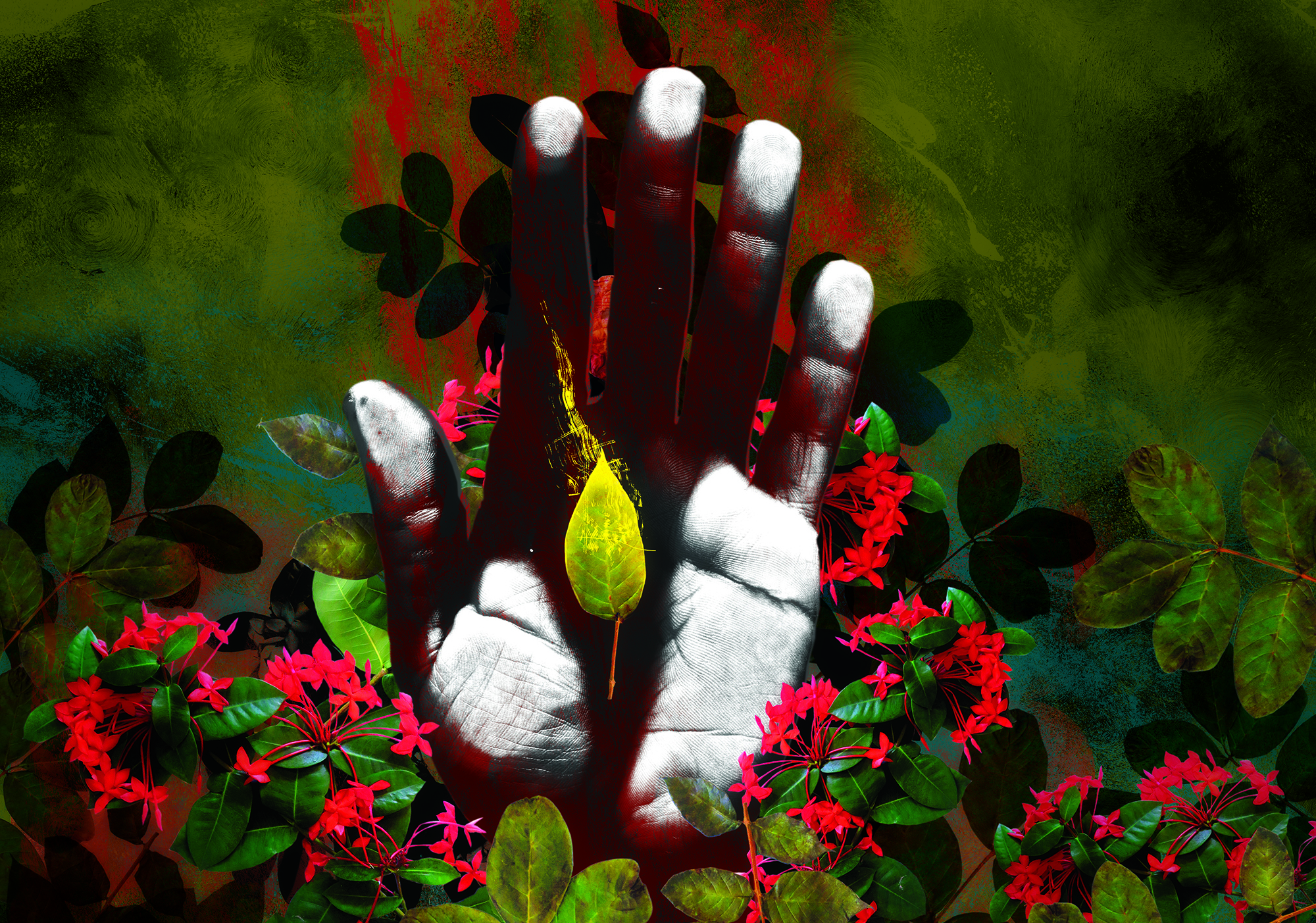
The Autumn issue of Index magazine focuses on the struggle for environmental justice by indigenous campaigners. Anticipating the United Nations Climate Change Conference (COP26), in Glasgow, in November, we've chosen to give voice to people who are...
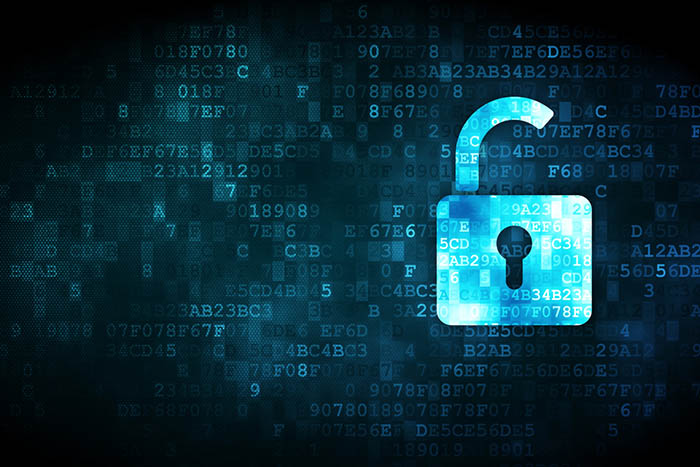
Index joined 52 other civil society organisations as well as private companies and security researchers in calling on governments to allow technology companies to offer strong encryption tools such as Signal or WhatsApp to the public.
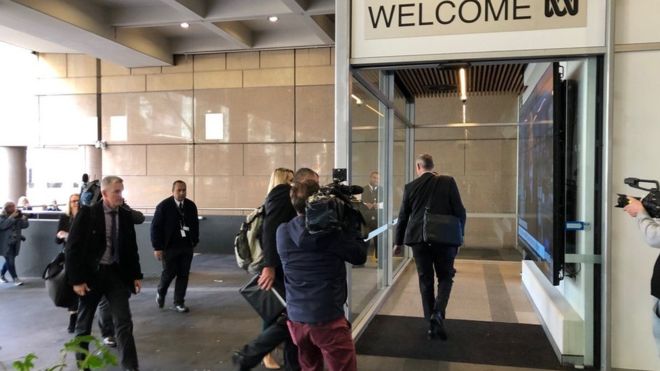
Index on Censorship condemns the raid by Australian federal police on the offices of public broadcaster ABC over a 2017 article it ran in on operations of Australian special forces in Afghanistan.

Richard Neville, who co-founded the 1960s counterculture magazine Oz, has died. The satirical magazine poked fun at socially-conservative Austrailia and tackled taboo subjects